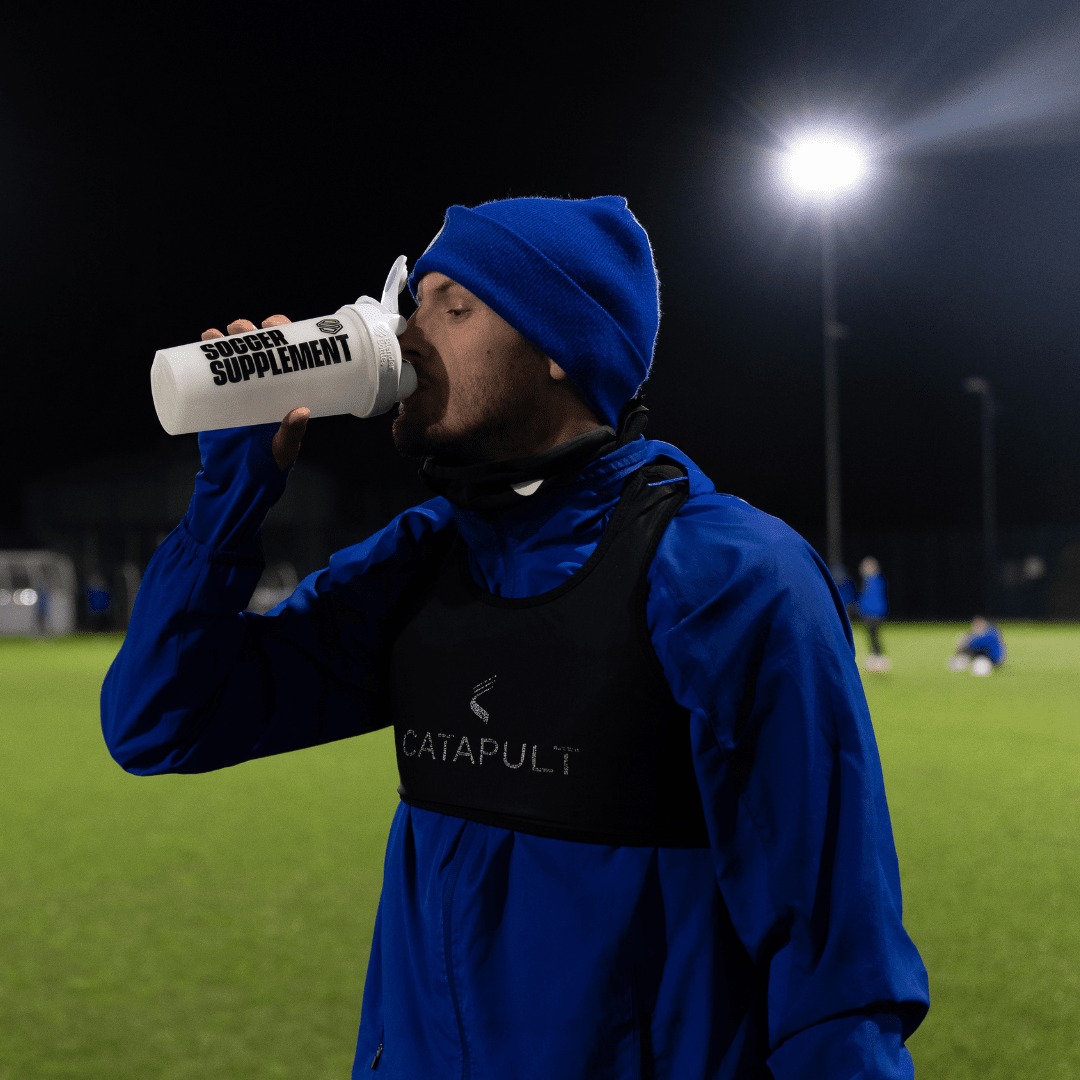You know that feeling of tenderness that you get in your hamstrings and quads after a hard game or training session? That’s called delayed onset muscle soreness (DOMS for short). DOMS is a result of muscle damage. That is, the small tears that occur in the muscle, mainly after hard or unaccustomed exercise. The reason that soreness is delayed is because the pain is due to swelling of the damaged muscle rather than the actual damage. Two other markers of muscle damage used in research are blood markers (e.g. creatine kinase) and muscle function (e.g. jump height, leg extensor strength etc.,).
A systematic review published a couple of weeks ago by Foure and Bendahan sought to answer whether supplementation of branched-chain amino acids (BCAAs) can help alleviate such markers of muscle damage.1
After reviewing the literature, they found that 11 studies were eligible to be included in their qualitative analysis.
To assess the potential for a varied response associated with differing supplementation strategies, the authors arbitrarily split the dosing strategy of each study according to ‘duration’ (short, moderate or long), ‘frequency’ (low and high), and ‘amount’ (low or high). The extent of muscle damage in each study was categorised as either ‘low’, ‘moderate’ or ‘high’, according to changes in muscle function (peak force) and blood analysis (creatine kinase (CK), lactate dehydrogenase (LDH) and myoglobin).
Of the 11 studies, it was found that BCAA supplementation helped to reduce muscle soreness in 5/10 studies (50%), reduce blood markers or muscle damage in 5/10 studies (50%), and attenuate reductions in muscle function in 4/8 studies (50%).
The authors categorised the quality of the 11 studies as either ‘positive’, ‘neutral’ or ‘negative’. To be categorised as high-quality research, the study had to satisfy four criteria:
- Subject selection free from bias
- Comparable study groups
- Interventions described
- Outcomes stated
Of the 11 studies, six matched such criteria. Interestingly, the percentage of study outcomes that favoured BCAA supplementation fell from 50% across all markers of muscle damage to 33.3% (2/6), 33.3% (2/6) and 20% (1/5), for soreness, blood and muscle function markers, respectively.
Of these two ‘higher quality’ studies showing positive effects of BCAA supplementation, muscle damage was quantified as ‘moderate’, the dosage and frequency of BCAA supplementation were ‘high’, and the BCAA supplements were compared to a non-caloric placebo.
Of the indirect markers of muscle damage, muscle function is of the most relevance, since this will be most predictive of actual performance. And in the single study that showed a significant effect for BCAA supplementation on muscle function, diet wasn’t controlled.
To conclude, BCAA supplementation might improve markers of muscle damage when taken under the following conditions:
- Taken in high doses – around 30g per day.
- Taken in high frequencies – the daily dose is split into two or more servings.
- Taken on the day, and at least a day either side, of the damaging exercise.
- Is compared to nothing (taking a complete protein source such as Whey90, for example, will almost certainly nullify any potential benefit of BCAA supplementation).
Reference
1. Four, A. & Bendahan, D. Is Branched-Chain Amino Acids Supplementation an Efficient Nutritional Strategy to Alleviate Skeletal Muscle Damage? A Systematic Review. Nutrients 9, 1–15 (2017).







